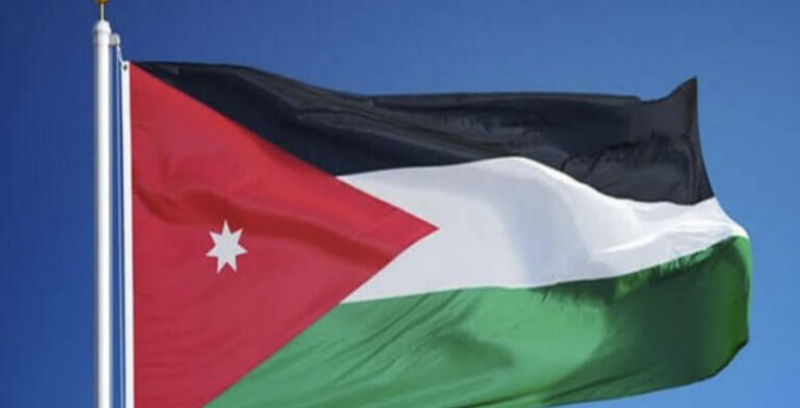Yemen's Women Basketball Players Hit the Court


In Yemen's capital Sanaa, women in long-sleeved athletics shirts raced down a basketball court in wheelchairs, dribbling and passing as a small crowd cheered them on.
"If the Yemeni people are suffering from the war, then those with disabilities are suffering twice as much," said Amal Hizam from the sidelines, herself also in a wheelchair.
The Arab world's poorest country is devastated by conflict, the novel coronavirus and a humanitarian crisis that the United Nations has called the world's worst, AFP reported.
But all that didn't stop a local wheelchair basketball championship going ahead in Sanaa this month.
Five all-women teams were part of the competition, only the second of its kind, including Al-Erada -- Arabic for "The Will", and Al-Mustaqbal, or "The Future".
The female players, some wearing face coverings as well as their headscarves, jostled and shot baskets from sports wheelchairs painted red and light-green at the indoor court.
Hizam, assistant director of Yemen's sports federation for people with disabilities, said initiatives such as the tournament were "practically non-existent".
"I wish society wouldn't look down on those who are disabled, and that it would see our capabilities," said one of the Al-Erada players, 28-year-old Tahani al-Omari.
"Disability is a gift, not an obstacle," she told AFP, wearing her team's striped orange vest.
Teenage girls in the bleechers squirmed with excitement, throwing their arms into the air to cheer on the players.
Yemen's conflict has displaced some 3.3 million people, and around 80 percent of the population needs humanitarian aid and protection, according to the UN.
There are estimated to be around four million people with disabilities in Yemen, according to World Health Organization data.
"Millions of people with disabilities in Yemen have not only endured years of armed conflict but are also among those most excluded," rights group Amnesty International said last year.
"What we want is inclusion and support, and we can be involved in any field," Omari said.
"We need special wheelchairs equipped for playing and, most importantly, moral support."
A coach of multiple teams, Abdo Mohammed Zayed, said Yemen's lack of clubs and facilities for players with disabilities presented another challenge.
The goal of the tournament, he said, was to "offer social and moral support to those with disabilities, and allow them to showcase their capabilities and creativity."

Red Sea — The European naval mission tasked with safeguarding international shipping lanes announced that an Italian frigate operating under…

Paris – The French Ministry of Foreign Affairs issued a statement expressing deep concern over the situation in Yemen, while reaffirming its…

Amman – Jordan’s Ministry of Foreign Affairs and Expatriates issued a statement on Wednesday underscoring the Kingdom’s close mon…